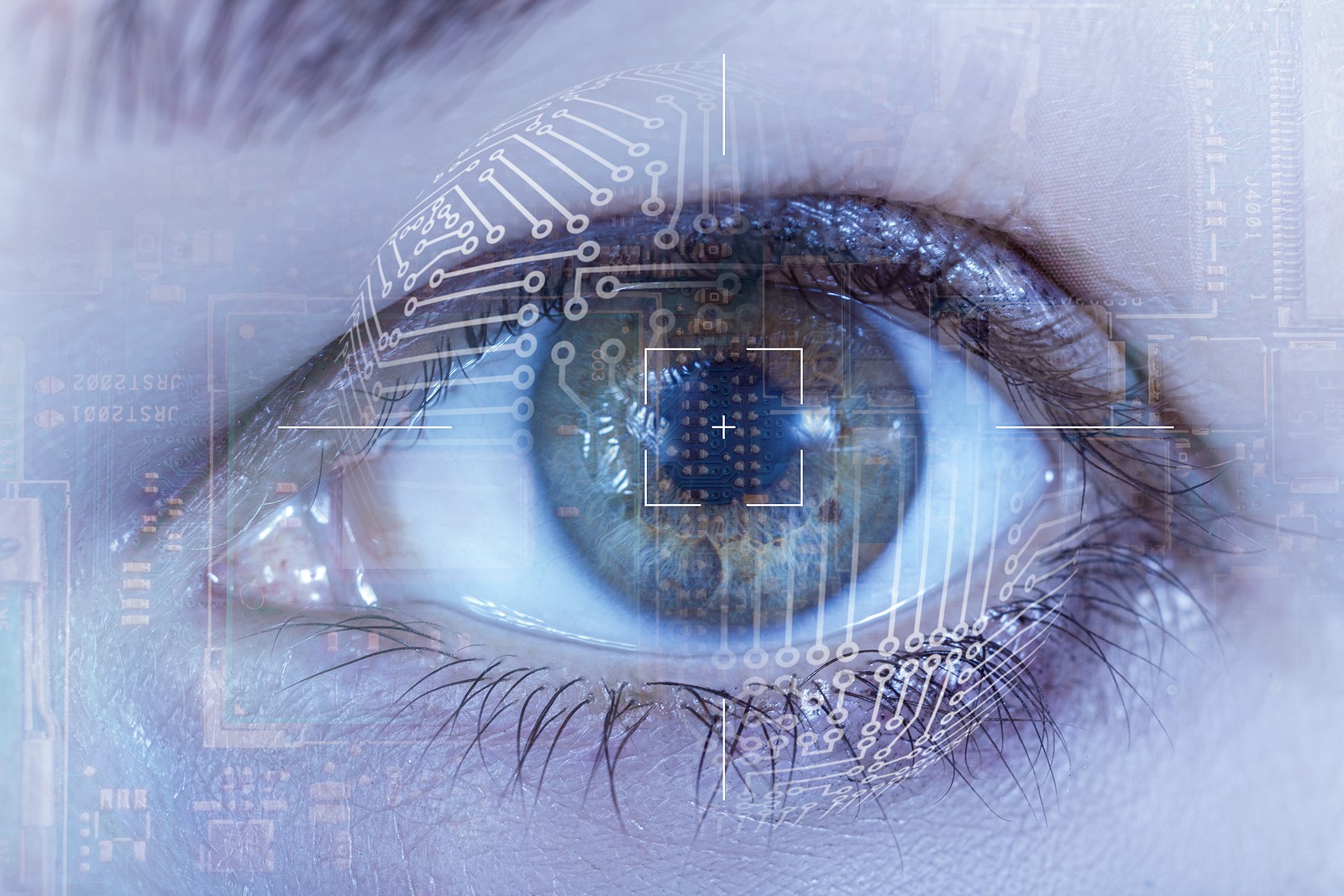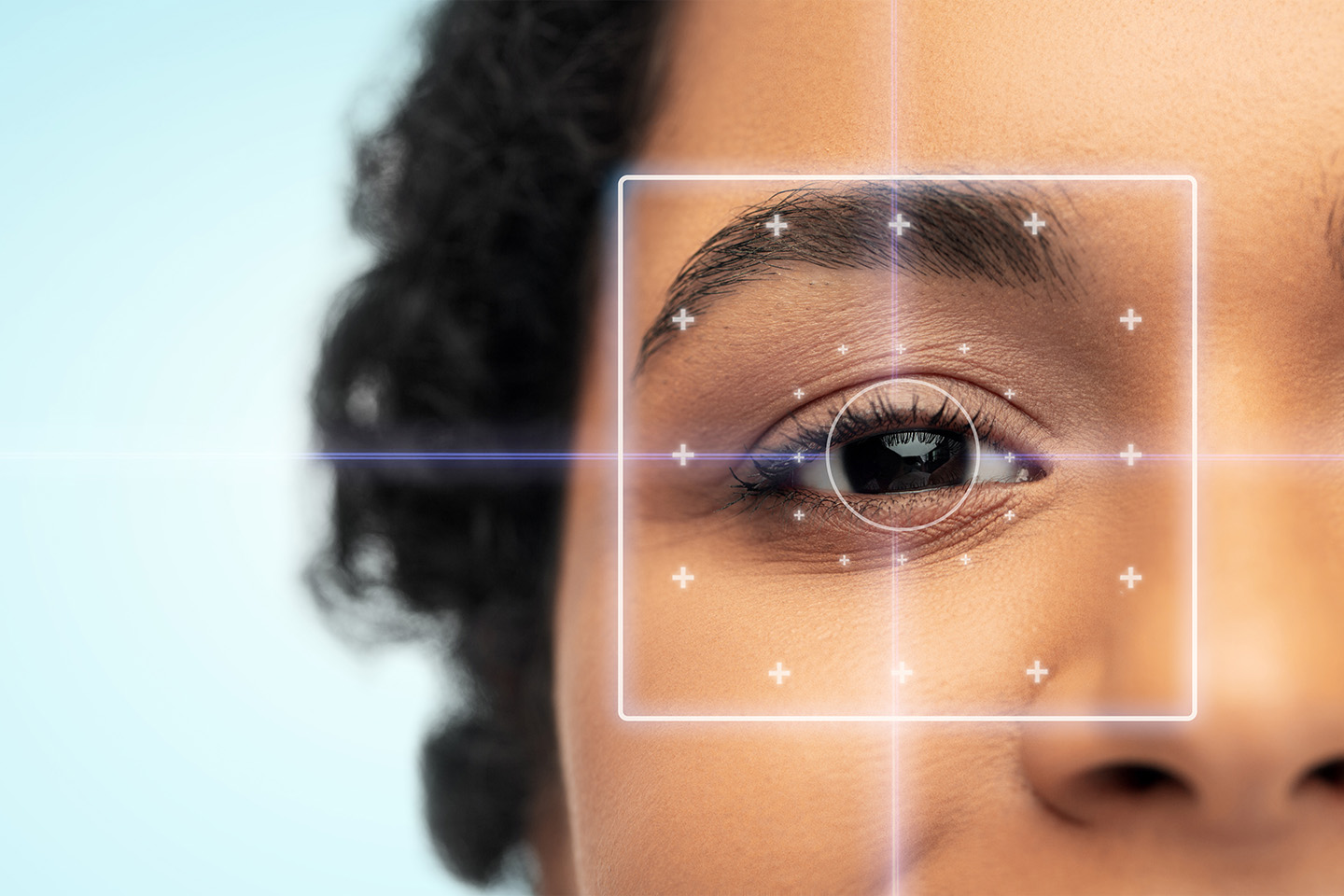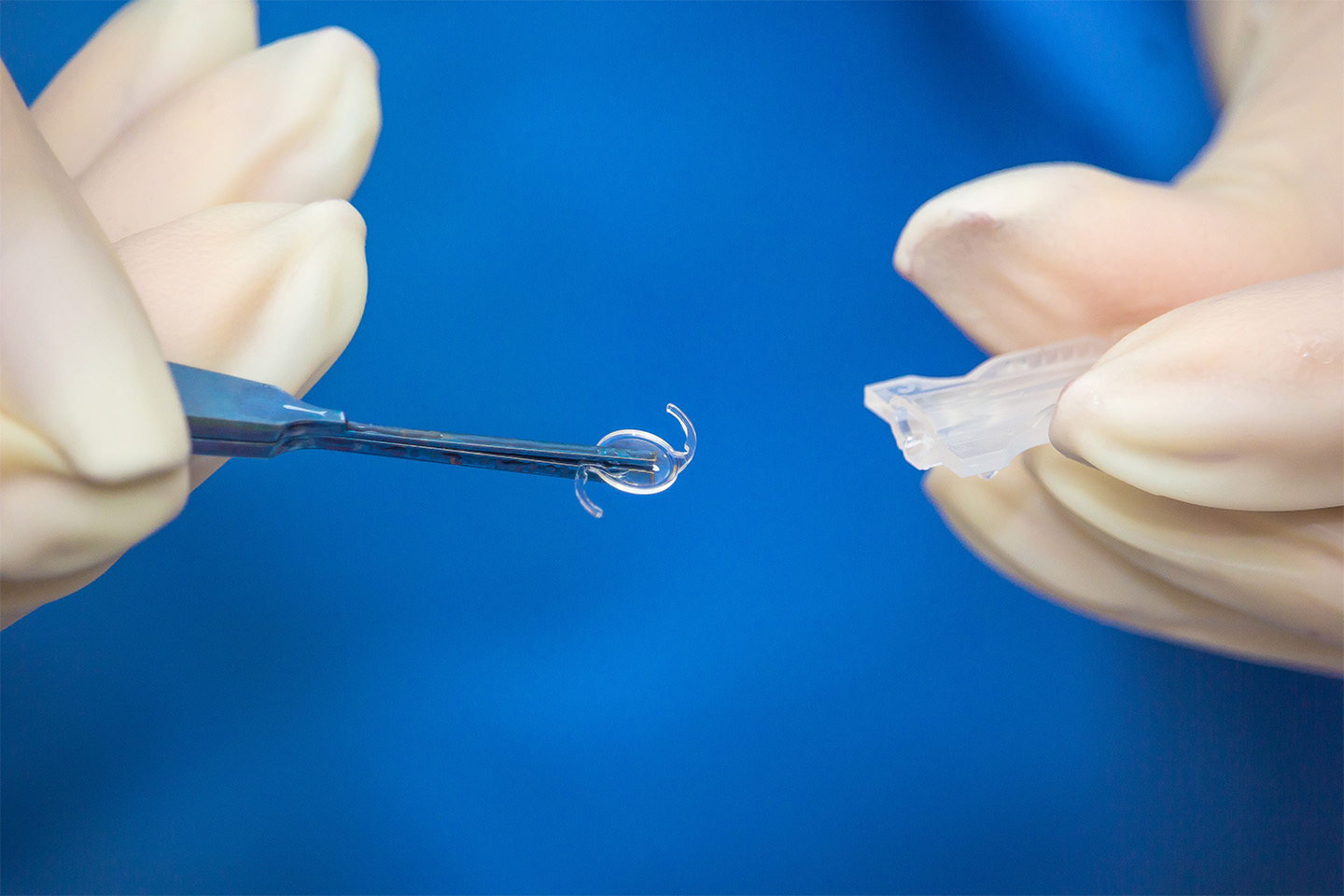How Artificial Intelligence Advances Eye Care in Arizona

As premier eye care experts in Mesa and Chandler, the eye doctors at Swagel Wootton Eye Institute are always on top of the latest technologies in vision care. We frequently adopt promising new procedures and discoveries, particularly those involving our specializations in cataract and LASIK surgery in greater Phoenix.
Here are four ways artificial intelligence, or AI, is changing vision care.
Artificial Intelligence Improves Image Analysis
AI has improved image analysis in several fields, including pathology, radiology, dermatology and ophthalmology. Deep learning computers use AI to analyze millions of images of the eye.
For example, AI machines can accurately detect age-related macular degeneration. With millions of people in the U.S. at risk for vision deterioration and loss, this new technology can help ophthalmologists diagnose conditions and start treatment sooner, improving outcomes for many patients. It can also help people in remote areas get their eyes checked without traveling to the doctor’s office.
Cameras That Can Detect Diabetic Retinopathy
Diabetes increases the chance of vision loss and blindness for millions of Americans. Diabetic retinopathy often shows few or no symptoms in the early stages of the disease. Through new technology, eye doctors can detect this condition earlier. The IDx-DR camera has been approved by the FDA to diagnosed diabetic retinopathy. This AI-based device compares images of a patient’s eyes with its database of millions of photos. Then, the software accurately flags patients who need treatment for diabetic retinopathy.
Software the Flags Possible Macular Degeneration
Macular degeneration, typically associated with the aging process, affects your central vision. Unfortunately, those who have it often don’t notice until their vision has already become moderately blurry. According to Cell Magazine, AI software can detect macular degeneration before the advanced stages. To accomplish this, researchers taught the software to recognize images of patients with different stages of macular degeneration flagged by experts. The software becomes more accurate at detecting early signs of macular degeneration as it analyzes more photos.
Detecting Glaucoma Using Pegasus AI
The Pegasus AI system concentrates on detecting signs of glaucoma. This AI technology can prescreen patients to determine whether they need early treatment for this disease. One recent study underscores the promise of this type of technology. In the study, the Pegasus AI system matched the diagnostic accuracy of eye doctors. Moreover, the accuracy between the AI diagnosis and those of ophthalmologists were statistically comparable.
Big data and AI will likely play an important role in the future of eye care. Our eye care experts in Mesa and Chandler will watch this space to put this new technology to work for the benefit of our clients.
Contact us to learn more about the technology available to perform cataract and LASIK surgery in greater Phoenix. At Swagel Wootton Eye Institute, we offer a full array of vision care services to our clients in the Greater Phoenix area. Schedule a consultation or eye exam today!









